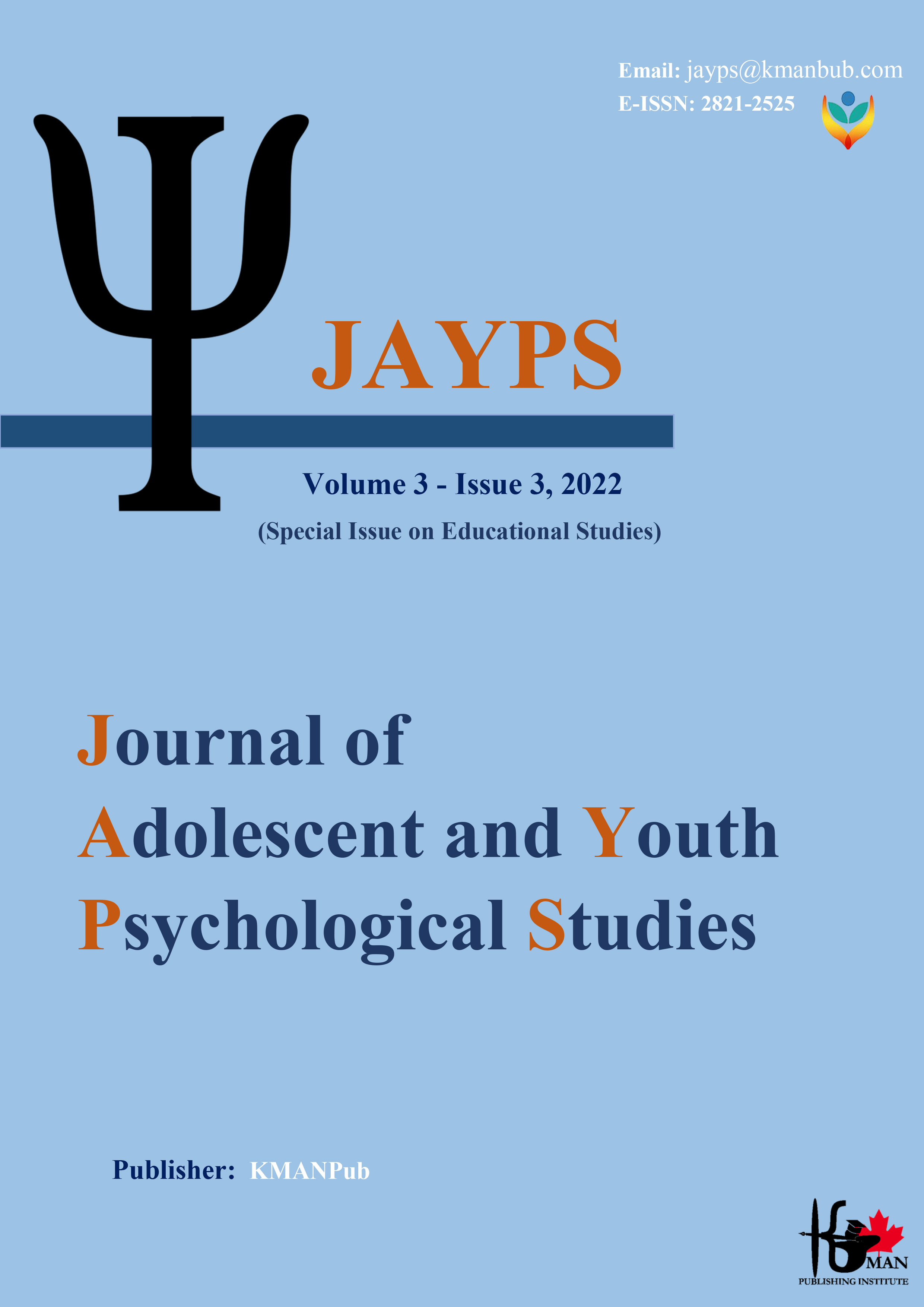Comparison of the effect of cognitive-balance rehabilitation with Orton-Davis integrated method in the form of distance education on the overall performance of reading and understanding words and text comprehension of dyslexic children.
Keywords:
rehabilitation, cognition, reading, comprehension, children, dyslexiaAbstract
Background and Aim: reading is the most important acquired skill and the most basic learning tool for students, and acquiring this skill is one of the main goals of primary education in every country. This research aims to compare of the effect of cognitive-balance rehabilitation with Orton-Davis integrated method in the form of distance education on the overall performance of reading and word comprehension and text comprehension of dyslexic children. Methods: The research method in this study was semi-experimental and pre-test-post-test design with a control group. The statistical population of this study was all dyslexic male and female primary school students who attended learning disorders centers in Tehran in 2019-20. To measure the dependent variable of the study, the Nema reading and dyslexia test (Karami Nouri and Moradi, 2014) was used. In this research, two educational interventions of the integrated Orton-Davis method, which is one of the multi-sensory methods and includes tasks based on directional games, were designed and formulated by Atchershawi (2019), to improve reading skills and reduce dyslexia, and Bar-on cognitive-balance rehabilitation. Which have been used in the form of an educational package and include assignments focusing on strengthening executive functions and rescue attention (2016). Results: The results showed that cognitive-balance rehabilitation with the integrated Orton-Davis method in the form of distance education on overall reading performance (P<0.001) and word comprehension (P<0.001) and text comprehension (P<0.001) was effective in dyslexic children. Conclusion: It can be concluded that both the cognitive-balance rehabilitation training and the integrated Orton-Davis method in the form of distance education have an effect on the overall performance of reading and understanding words and text comprehension of dyslexic children and And it can be used to reduce the problems of dyslexic children.
Downloads
Downloads
Published
Submitted
Revised
Accepted
Issue
Section
License

This work is licensed under a Creative Commons Attribution-NonCommercial 4.0 International License.









